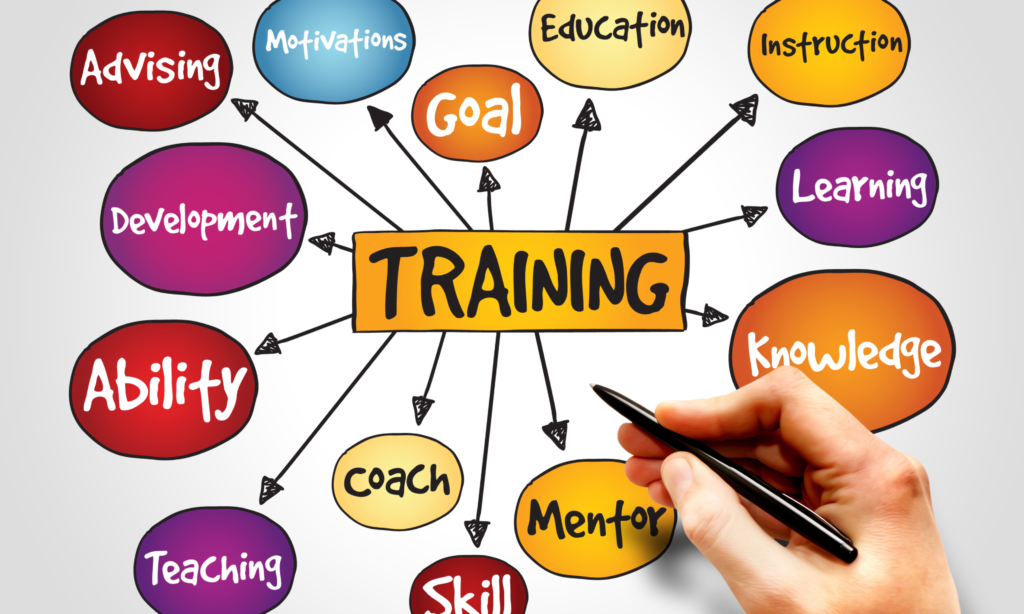Innovative Approaches in Teacher Training: Preparing Educators for the Future

Integrating Technology in Teacher Training
One of the most significant shifts in teacher training is the integration of technology. Modern teacher education programs are leveraging digital tools to enhance learning experiences and prepare teachers for tech-rich classrooms. For instance, virtual reality (VR) and augmented reality (AR) are being used to simulate classroom environments, allowing trainee teachers to practice and hone their skills in a controlled, risk-free setting. This immersive technology helps future educators experience and respond to various classroom scenarios, improving their readiness and confidence .
Moreover, online learning platforms and digital resources are making teacher training more accessible. Trainees can now access courses, instructional videos, and interactive modules from anywhere in the world. This flexibility not only accommodates different learning styles but also supports lifelong learning and professional development .
Emphasizing Mental Health and Well-being
The teaching profession is known for its stress and high burnout rates. Recognizing this, many teacher training programs are now incorporating mental health education and support into their curricula. Trainees are taught strategies for managing stress, maintaining work-life balance, and fostering a positive classroom environment. Programs also emphasize the importance of mental health awareness among students, equipping future teachers with the tools to support their pupils’ well-being .
Fostering Cultural Competency
As classrooms become increasingly diverse, cultural competency has become a critical component of teacher training. Educators must be prepared to understand and respect cultural differences, implement inclusive teaching practices, and address any biases they may hold. Training programs are now including modules on cultural awareness, anti-bias education, and strategies for creating inclusive classrooms. These programs aim to produce teachers who can effectively support and celebrate the diversity of their students .
The Role of Mentorship
Mentorship has long been a cornerstone of effective teacher training, but innovative approaches are enhancing its impact. Structured mentorship programs pair trainee teachers with experienced educators who provide guidance, support, and feedback. These relationships are instrumental in helping new teachers navigate the complexities of the profession. Innovative mentorship programs often include regular check-ins, collaborative teaching opportunities, and professional development workshops .
Blended Learning Models
Blended learning, which combines online and face-to-face instruction, is becoming increasingly popular in teacher training programs. This model offers the best of both worlds: the flexibility of online learning and the personal connection of in-person interactions. Trainees can engage with digital content at their own pace and then apply what they’ve learned in hands-on, practical settings. Blended learning models cater to different learning preferences and help future teachers become proficient in using various instructional technologies .
Hands-On Field Experience
Practical experience is crucial for effective teacher training. Innovative programs are ensuring that trainees spend ample time in real classrooms, applying their knowledge and gaining valuable hands-on experience. Partnerships between universities and local schools facilitate these placements, providing trainees with opportunities to observe experienced teachers, teach lessons, and receive constructive feedback. This immersive approach ensures that new teachers are well-prepared for the realities of the classroom (GOV.UK) (UCAS).
Continuous Professional Development
The journey of a teacher does not end with initial certification. Continuous professional development (CPD) is essential for keeping educators up-to-date with the latest educational trends and best practices. Innovative teacher training programs emphasize the importance of lifelong learning, offering resources and opportunities for ongoing professional growth. This commitment to CPD helps teachers continually refine their skills and stay passionate about their profession (UCAS).
Conclusion
Innovative approaches in teacher training are essential for preparing educators to meet the demands of modern classrooms. By integrating technology, emphasizing mental health, fostering cultural competency, enhancing mentorship, adopting blended learning models, providing hands-on field experience, and promoting continuous professional development, teacher training programs are equipping future teachers with the skills and knowledge they need to succeed.
For those navigating the complexities of teacher training, finding the right support is crucial. Platforms like ResearchHubOnline.com offer comprehensive resources and assignment help tailored to the needs of teacher trainees, ensuring they can excel in their academic and professional pursuits.
These innovative approaches not only prepare teachers for the future but also ensure they can provide the highest quality education to their students, fostering a brighter future for all.